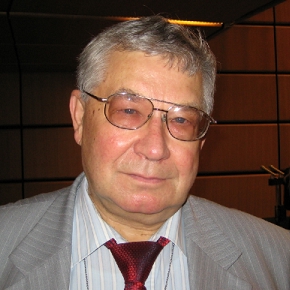 |
||
|
Costs, Regulations Hinder Construction of Fukushima Micro-Hydropower Station: Reports RIA Novosti, PUBLISHED 02.10.2014 The implementation of an ambitious micro-hydropower project in Japan's Fukushima Prefecture is at stake with regulations and high costs posing major obstacles, The Asahi Shimbun reported Wednesday. The Fukushima micro-hydropower plant is intended to be built along the River Hyakunichigawa, flowing through the village of Otama, at the site of an older power plant that stopped operating due to heavy rains in 1938. In 2011, the largest nuclear incident since the Chernobyl disaster took place in Japan. The accident occurred when the Fukushima Daiichi nuclear plant was hit by a 14-meter (46-foot) tsunami triggered by a 9.0-magnitude earthquake. The tsunami caused a meltdown of several of the plant's reactors and a major leakage of radioactive materials. Other news: Rosenergoatom: Ukraine Fully and Timely Delivers Equipment for Russian Nuclear Plants For us, products made by Ukrainian manufacturers are very important. Finnish Government Approves Rosatom Nuclear Reactor Project Ten ministers voted in favor of granting the application, while seven ministers voted against. Prime Minister: Finland to Continue Nuclear Cooperation With Russia Despite Sanctions If we look at Rosatom's activities, there have been no problems whatsoever. Last news:
|
Hero of the day 
The ISTC Responsible Science Program and Subprogram Culture of Nuclear Nonproliferation The dual-use nature of nuclear technology consisting in the potential for its application equally in peaceful and military sphere is the basic contradiction for the existing nuclear nonproliferation regime and comprehensive development of the nuclear power and nuclear fuel cycle. INTERVIEW
Jerry Hopwood OPINION
Joint Plan of Action |
Licence Р В Р’ВР В Р’В» №ФС77-30792. ATOMINFO™ trademark.

